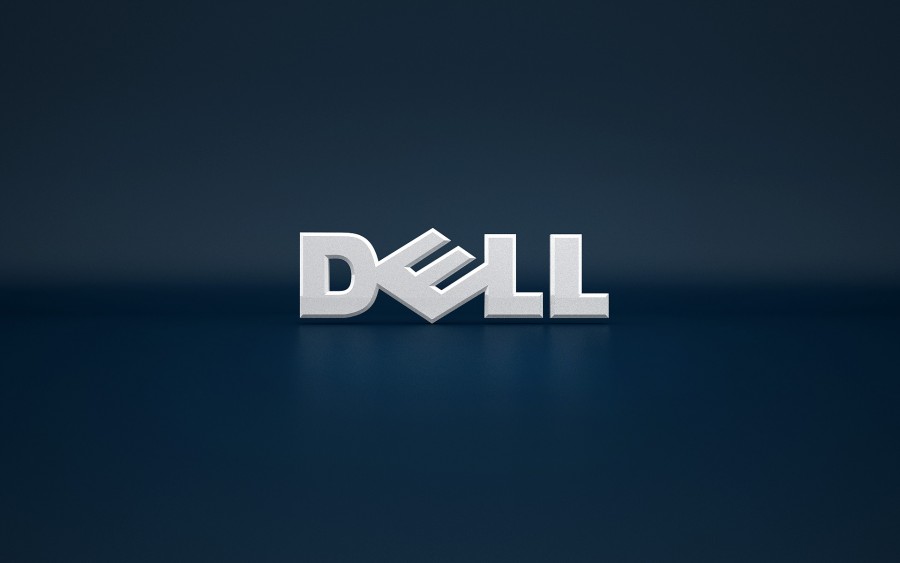Approximately one week ago, you may have recognized a selected handful of students roaming the halls of Pitman High with peculiar green and white colored boxes. “Where is everyone getting that?” asked a confused Mario Cisneros, one of the many juniors here at Pitman. Yet, even days after their distribution, a considerable amount of students still find themselves puzzled at the thought of students substituting textbooks for technology.
Seeking some clarity? Look no further. As a fellow student of Mr. Jigour’s second period Honors Chemistry class, I find it only right to explain that these “netbooks,” as they are called, were issued to all of the Honors Chemistry classes of both Pitman and Turlock High School. So why were we the only students on campus to be blessed with this technological advancement? The answer is really more than just a “because we’re smart” response.
The truth is that Turlock Unified School District was one of many other school districts to act the “pilot” for this innovative technological test drive. Our district wasn’t necessarily chosen by “the luck of the draw”, but because the Honors Chemistry classes specifically called for a textbook renewal.
The kind lady who was in charge of the netbook’s distribution, Judi Green, commented, “Who better to begin this kind of program than a group of responsible, young students? The structure of these netbooks and the subject of chemistry would practically go hand-in-hand.” Because of her position as Turlock’s technology and data systems manager, Judi seemed equally enthused to begin this new journey into the world of educational electronics.
With an initial reaction of anxious excitement, I—much like the majority of the other classes— was filled with steady anticipation upon the day of finally receiving one. “It’s really cool and I’m actually kind of excited,” mentioned my sophomore Honors Chemistry classmate, Zac Hamilton.
In the midst of this netbook hubbub arose many common misconceptions. Many of these ideas regarded doubts of the netbook’s ownership, expenses, and adaption as a textbook. “Wait, hold up, so you guys get to keep those?” asked junior Gilberto Chavez. The answer—unfortunately—is “no”. Just like any other regular textbook, students who check out netbooks are responsible to turn them in at the end of the year, pay for any losses or damages, and are required to provide the same amount of precedent care —if not more.
In addition, the terms of use for the netbooks include restrictions against inappropriate websites and other online material; netbooks are not to be mistaken as a student’s “personal laptop”. Students are reduced to a certain 3G data plan every month and are limited, so far, on the amount of Wi-Fi access within the school. Moreover, when I displayed the mini “ice blue” device to a few friends, junior Reshay Santiago was quick to comment, “What, The school must be frickin’ rich!”
With its obvious lack in paper usage, netbooks are actually more “green” oriented than the average textbook—and considerably lighter as well. As for its learning and teaching purposes, the netbook’s main source of class information would be provided on my online website, “Mastering Chemistry”. Considering the website’s modern approach of answering questions, the online course gives the student the most resources and constructive feedback possible to help them understand the subject better.
“In the next few years, our goal is to see preschoolers with these devices in their hands,” affirmed Judi Green. It does in fact sound crazy, but in our day and age, schools are beginning to head in that direction—with baby steps, of course. As Judi also encourages students to slowly ask teachers to use netbooks in their other classes—similar to how I use it in my Journalism class to write this article—don’t find it a surprise that in the years to come, students everywhere on campus walk the halls with the same miniature “ice blue” device in hand.
